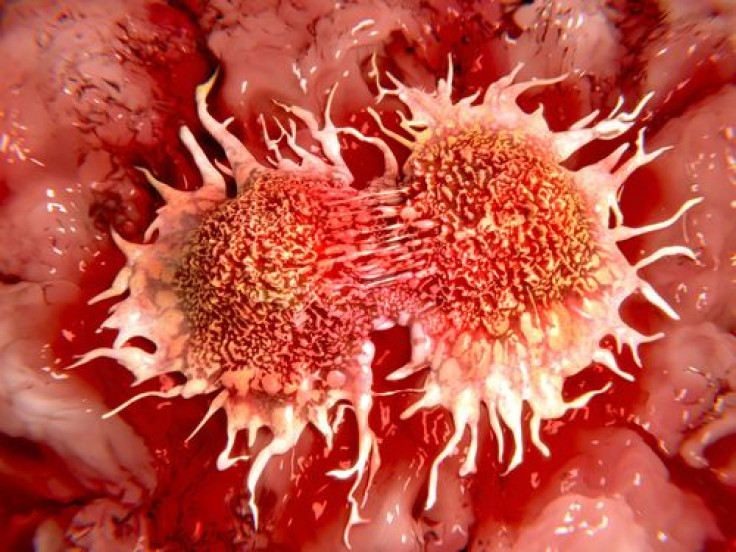Cancer Cure May Be Impossible, Based On The History Of The Disease's Evolution

Cancer has a longer history on earth than scientists had previously understood, making it more difficult to figure out a cure or reliable treatments because of its highly evolved structure. Evolutionary biologists from Kiel University, along with other institutions invested in researching the cancer-causing DNA mutations throughout human history, and published their findings in the journal Nature Communications.
Cancer may be impossible to completely eradicate from the human race, according to the researchers who base their pessimistic theory on the discovery of hydra stem cells, which are the tiny, polyps that formed cancer-like tumors from millions of years ago. Cancer happens when DNA mutates and messes up the circuits that regulate cells, which gives cancer cells the ability to multiply at uncontrollable rates. Hydra stem cells were discovered previously, but the research team didn’t know they also had the power to trigger tumor growth until now.
The team bred the ancient cancer-causing stem cells for five years and created several clones of two different hydra species. In order to treat cancer before it occurs within the body, “you have to interfere with fundamental pathways. It's a web of interactions," the study’s lead researcher Thomas Bosch, an evolutionary biologist at Kiel University, told NPR News. "It's very difficult to do. [Cancer] will probably never be completely eradicated.]”
When Bosch and his team transplanted tumors into the center of healthy polyps, they watched the cells migrate to both ends of the body ultimately outsmarting cells, escaping death and invading healthy tissue. Cells have been figuring out how to do this for millions of years, and the war on cancer was declared only 45 year ago when $90 million was invested into the National Cancer Institute to find a cure or at least treatment for the time being. "[Cancer cells] have deep evolutionary roots,” the researchers wrote. “Any crucial cell in your body can at any point make a mistake," Bosch said. "You carry a time bomb in your body when you're born. It can explode early in life, or middle age or later. That doesn't mean that, with a patient who develops cancer, there's nothing you can do."
The diagnosis takes second place for leading cause of death with approximately 50 percent of men and one-third of women in the United States predicated to develop cancer at one point in their lives, according to the American Cancer Society. Cancer cells seem to be evolutionary more developed than humans, and therefore cells may always slip up with their cellular regulations and trigger cancer. However, treatment to increase the likelihood of survival may get better as research progresses. Perhaps one day treatments will be able to outsmart the evolutionary genius that is cancer.
"Medical technology will allow us at early time points ... at least in some cases, to successfully treat and clean a patient completely and forever of troublemaking cells,” Bosch said. "Knowing your enemy from its origins is the best way to fight it and win many battles.”
Source: Bosch TCG, Lange, C, Hamm MJ, Anton-Erxleben F, Anokhim B, Klimovich A, et al. Naturally occurring tumours in the basal metazoan Hydra. Nature Communications. 2014.



























